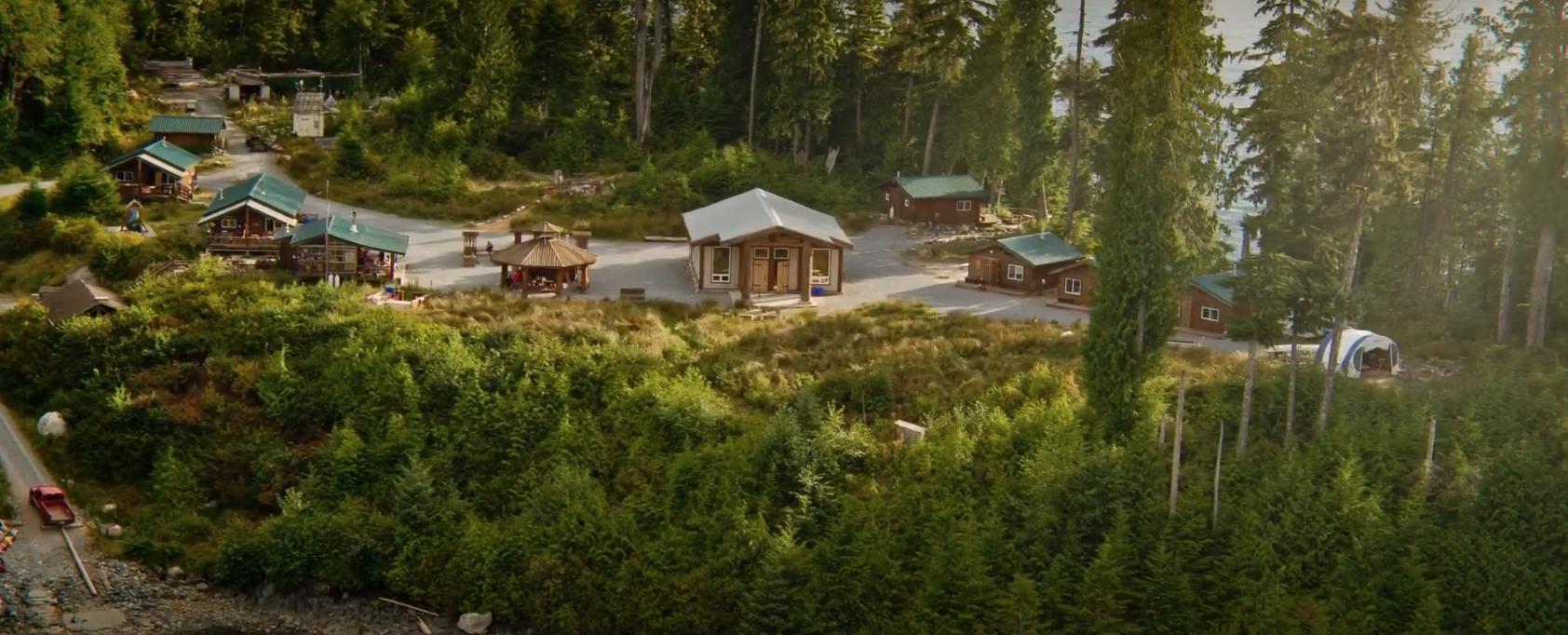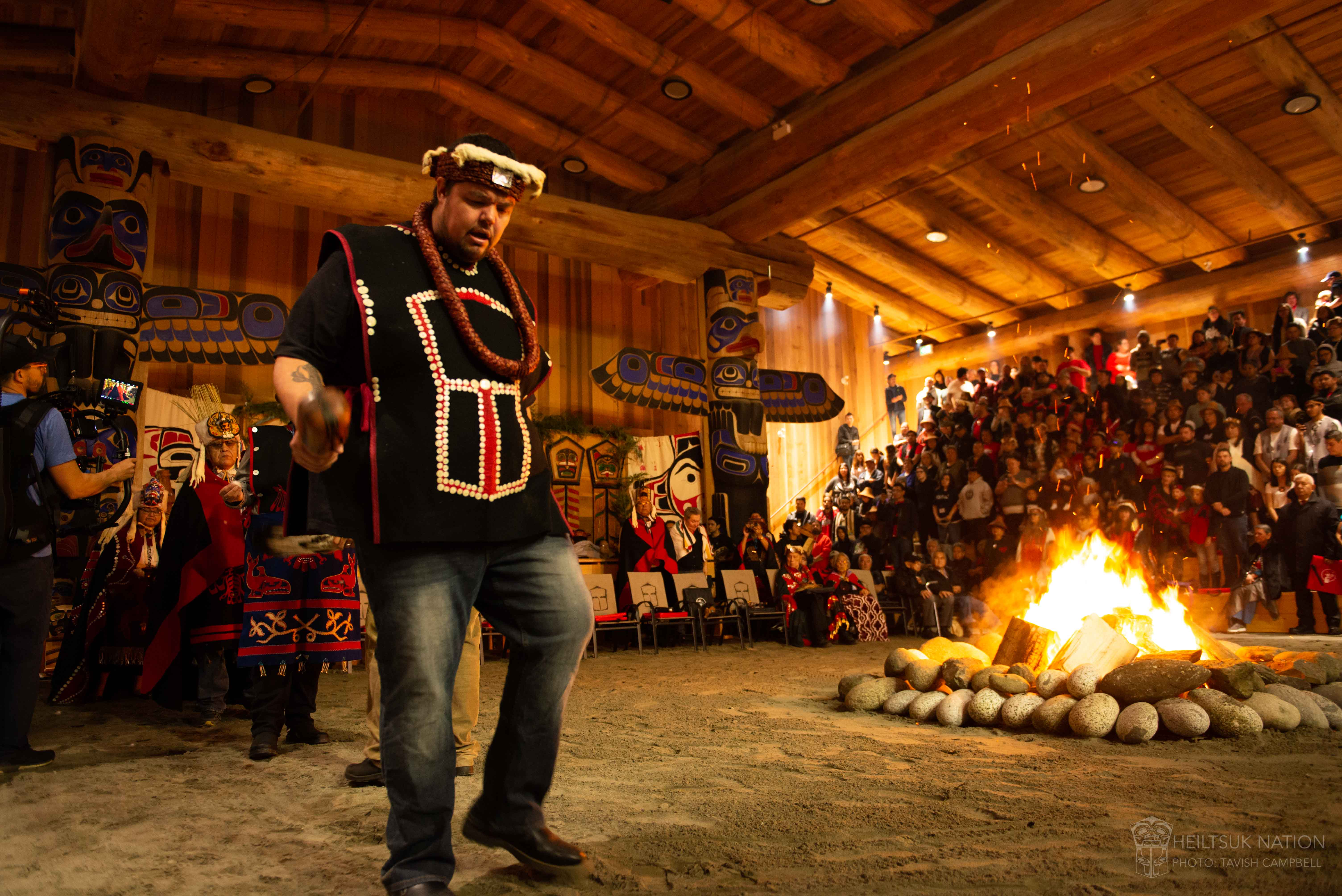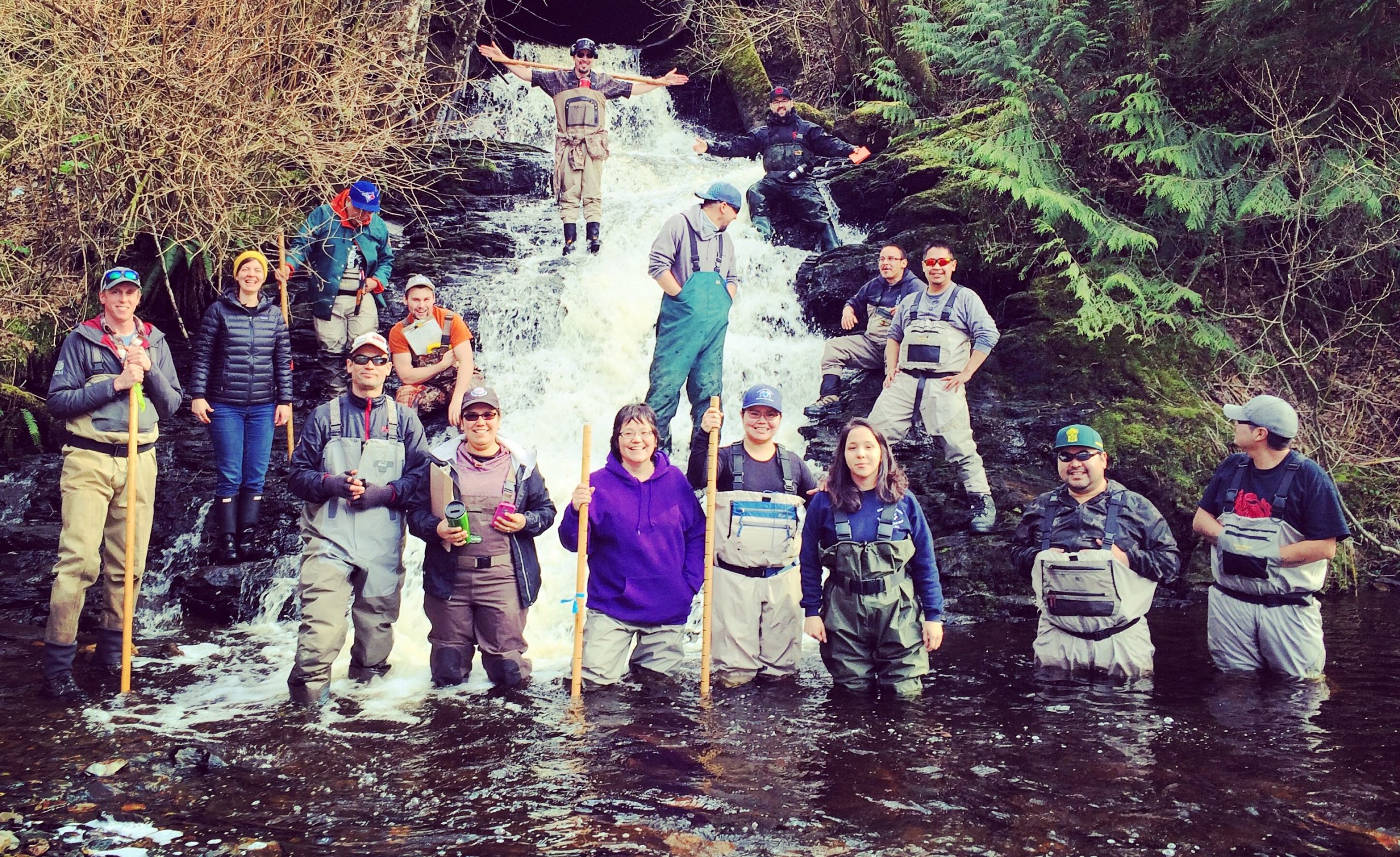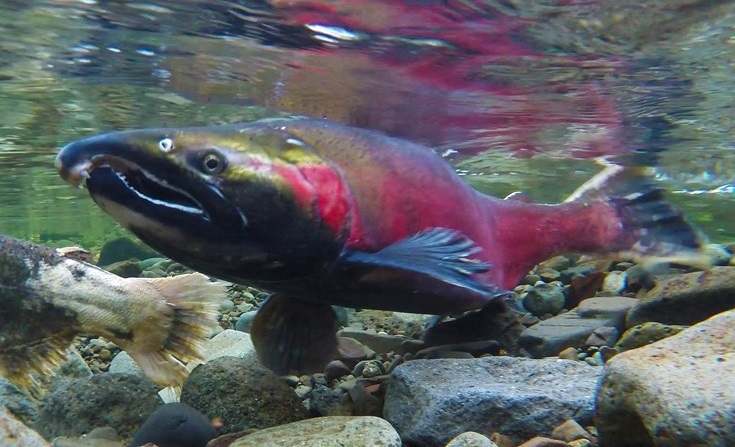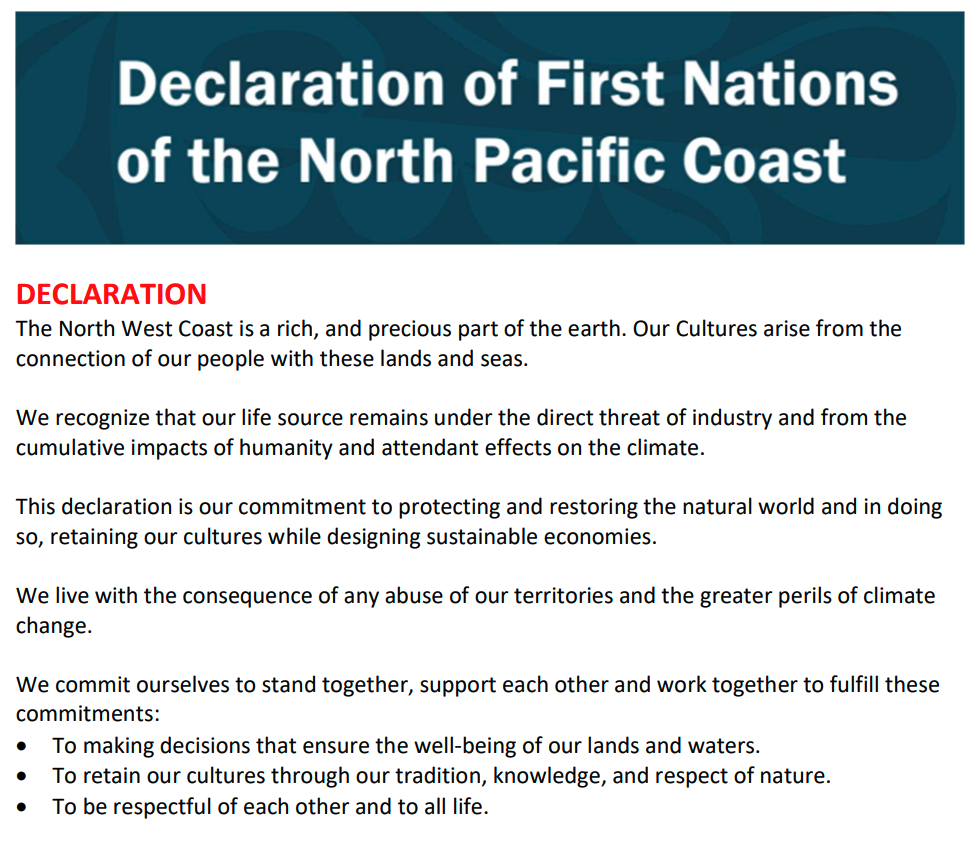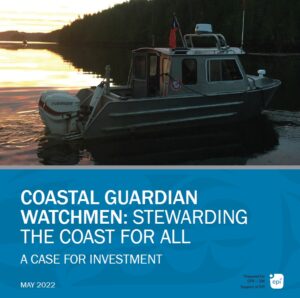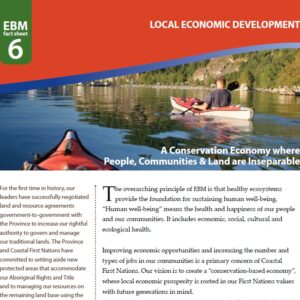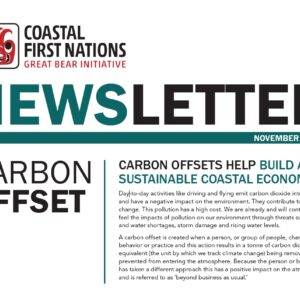Wild Salmon
Overview
Salmon has been the lifeblood of coastal First Nations’ economies and culture for thousands of years. It’s not just that our communities depend on salmon as a major food source and livelihood for local economies; our identity is intricately tied to salmon in many ways.
Five salmon species—chinook, chum, coho, pink and sockeye—help shape the food web of the entire North Pacific Coast, from the open ocean to freshwater rivers that reach far inland. As a keystone species, salmon affects the health and survival of many other species, including killer whales that patrol coastal waters, and grizzly bears and wolves that bring nutrient-rich carcasses deep into forested habitats.
For all of these reasons, CFN member Nations put the highest priority on protecting and rebuilding wild salmon populations in coastal territories.
protecting Salmon Building Our Future
Watch The VideoRestoring Salmon Hatcheries
CFN helps to advance salmon enhancement and restoration efforts across the North and Central Coast and Haida Gwaii, including completing upgrades to community hatcheries in four coastal communities—Old Massett, Gitga’at, Heiltsuk, and Kitasoo Xai’xais Nations—as well as providing support to eight Salmon Enhancement Programs (SEP) in these communities also including Nuxalk and Wuikinuxv. As a regional organization, CFN supports enhancement activities with participating Nations, governments, funders and other partners.
CFN also helps to coordinate technical teams who support CFN member Nations in operating newly upgraded hatcheries, including on-site support for trouble-shooting technical problems and fish culture support, and developing custom operation manuals for each facility. In addition, all six Nations will participate in activities to refresh and build fish health technical skills.
The benefits of this work extend beyond increasing salmon stocks. For example, collaborative work with Fisheries and Oceans Canada has allowed agencies to share best practices for managing newly upgraded hatcheries, the sharing of ideas and challenges between Nations, and providing ongoing technical expertise on specific topics.
Explore more stories:
Resources
CFN produces a wide range of reports, fact sheets and other publications. Check back regularly, as we will post new resources here.
